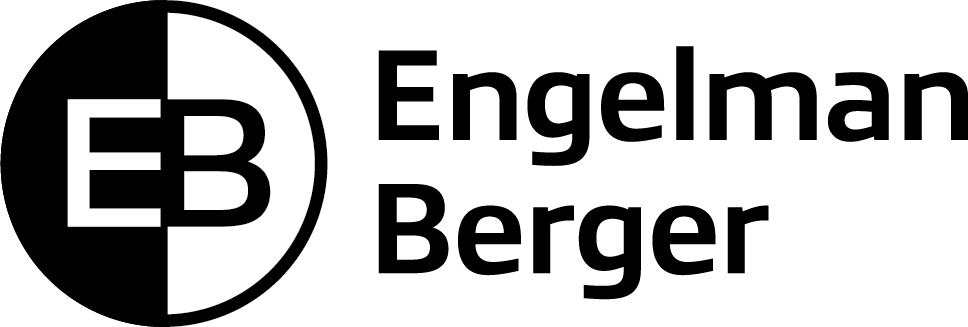What is Mediation?
Mediation is a process wherein a neutral person – the mediator – assists the parties to a dispute in achieving an agreed resolution. The goal of mediation is to reach a settlement. Mediators use various techniques to assist the parties in reaching a settlement, which usually include joint and separate meetings with the parties and their legal counsel. Mediation does not produce a “decision” by the mediator. Only the parties to a mediation can decide whether to, and on what terms, settle their dispute.
What Mediation Services does Engelman Berger Provide?
We represent you. Engelman Berger attorneys have extensive experience in representing parties that are participating in a mediation proceeding. It is advisable to have legal counsel with you if you are attending a mediation in a filed or not yet filed lawsuit or dispute.
We act as the mediator. In addition, our attorneys who act as a mediator have had specific training and experience in assisting as neutrals to resolve business-related disputes. Our lawyers are experienced in commercial disputes, and so have a broad understanding and range of ideas to bring to the table to assist in getting to a solution.
What are typical signs that mediation may be helpful?
Parties are deadlocked.
One party has unrealistic view of its case.
Breakdown in communication.
Resolution needed so that parties may recommence their business relationship.
Parties are about to enter new expensive phase of litigation.
Why not just hold a settlement conference on your own?
A mediator brings value to the process as a third-party, being neutral and having no agenda other than to facilitate an agreement. Mediators bring their experience, perspective, creativity, good will, listening, and communication skills to the forefront of the settlement process. They act as sounding boards as well as idea generators. If the parties have not moved toward a resolution on their own, or only moved part of the way, then the assistance of a third-party mediator is a likely crucial step to a settlement. The mediator is not a judge or arbitrator, but rather a catalyst for the parties to reach their own agreement.
Facilities
Our conference room and meeting facilities offer a pleasant environment to meet and private spaces to ensure your confidentiality. In some mediations, an alternative location may be used if it will facilitate communication or other facets of the mediation.
What types of disputes is Engelman Berger well suited to mediate?
Debtor – Creditor Disputes: e.g., collection actions, foreclosure actions, guaranty actions, secured debt and loan workout arrangements.
Bankruptcy Disputes: all aspects including claim disputes, dischargeability disputes, preference actions, fraudulent transfers, plan formulation, trustee or examiner requests, professional fee disputes, stay relief motions.
Commercial Contract Disputes: shareholder and partner disputes, franchise agreement disputes, commercial leases, purchase and sale of business contracts, purchase and sale of real estate contracts, service contracts.
Family Business Disputes / “Business Divorces”: Unraveling business relationships, business control issues, separating business assets or divisions, resolving loans and relationships in closely held companies.
How do we get a mediation scheduled?
Prior to scheduling a mediation, the following steps are required:
Conflicts Check
We will need full disclosure of all parties to the dispute, and all legal counsel or other advisors that may be involved.
Calendars
We will endeavor to our best ability to accommodate any timing issues. We find that most mediations require a full day to complete, but will schedule an initial mediation for a minimum of 4 hours if agreed by all the parties.
Mediation and Confidentiality Agreement
We will require all parties and counsel to sign a Mediation and Confidentiality Agreement prior to scheduling the mediation. This Agreement clearly lays out the roles of the parties, any conflict disclosures, and commits the parties and the mediator to confidentiality – a key component of the mediation process.
How are the mediation fees handled?
Our fees are typically based on an hourly rate for time spent in pre-mediation preparation and in the mediation itself. A deposit will be required at the time the mediation is scheduled. Parties often agree to split the fees as part of the Mediation and Confidentiality Agreement, but other arrangements can be agreed to by all the parties and the Mediator.
